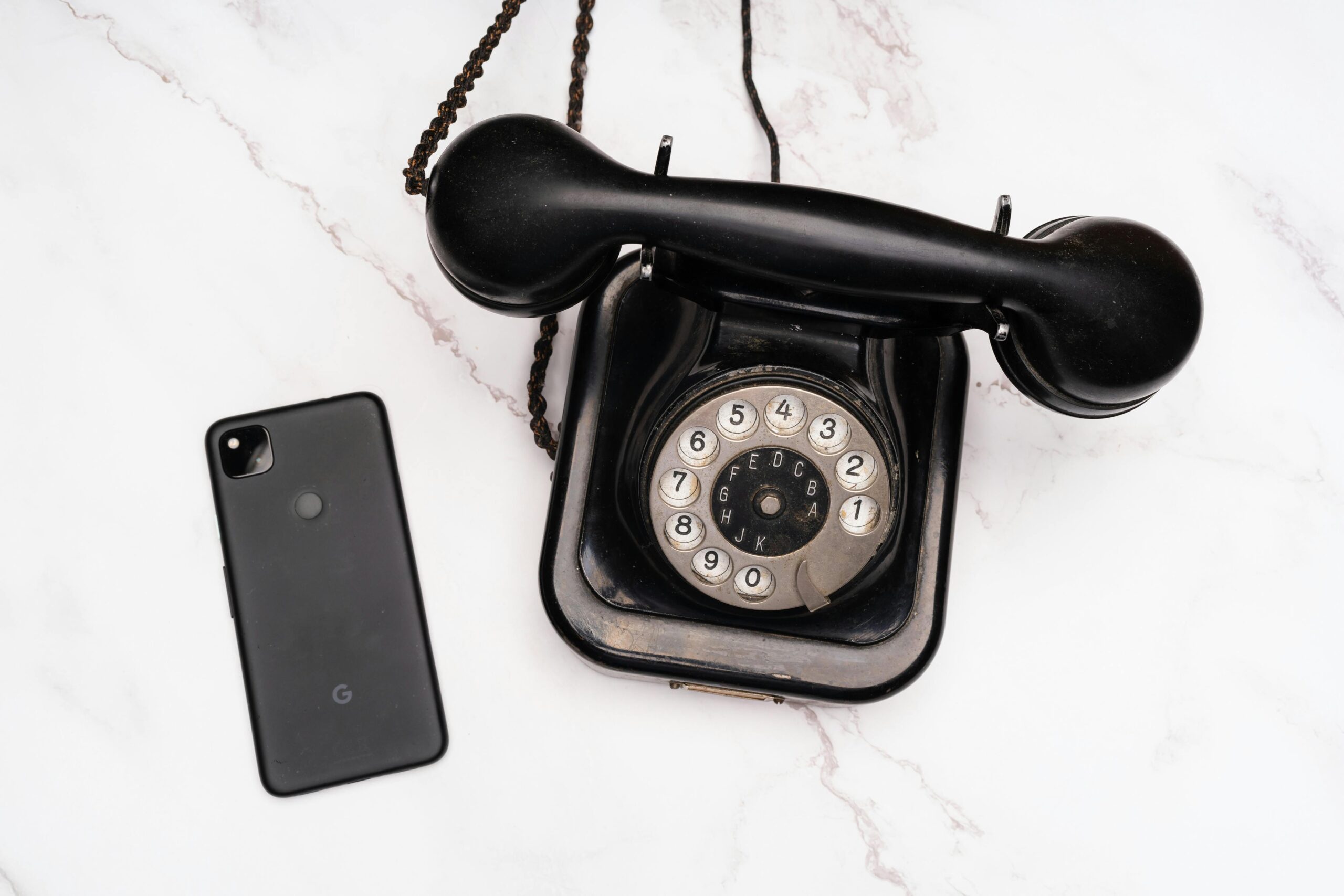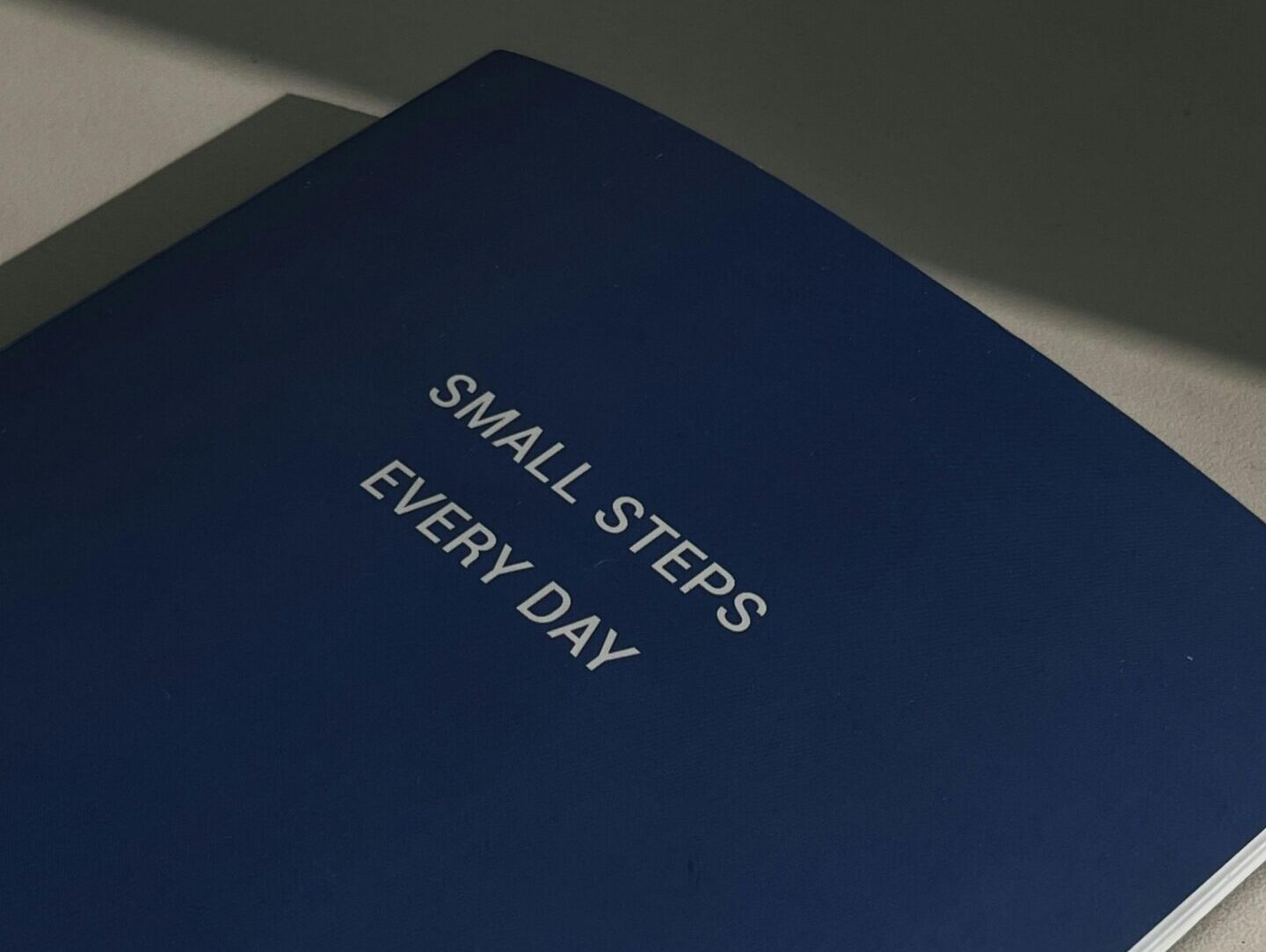Are you insecure or were you just raised to be? – Analyzing the truth of your childhood.

Are you insecure or were you just raised to be? - Analyzing the truth of your childhood.
Do you cower at the slightest bit of yelling? Do you avoid speaking in groups because you think no one will listen? Do you constantly give your partner multiple chances? Do you compare yourself to every student who walks into class? If you answered yes, then keep reading, because it is time you knew the truth. The truth is, you have emotional scars. No, not scars that can’t be healed, but scars that can be stitched with the proper medication. The medication of analyzation. So, if you would like to analyze your emotional triggers as a teenager, then keep on reading for some insight into broken upbringings.
Before this begins, it is important to understand that everyone makes choices, but the question is: what choices are made for us already? Some people are extroverts, and some people are introverts. Some people obtain a stronger ability to let others in, while some people find themselves hurting others before others can hurt them. And others watch life pass them by as they focus on what is to come next.
Well, where do you fit in?
Most people’s answers would be I don’t know. However, one thing they may know is when they recognize they are struggling emotionally, which is generally around the age of young adolescence. People are learning about themselves in manners they have never known before; their bodies are changing, their hormones are racing, and their sense of individuality is expanding. You will undoubtedly discover aspects of yourself that you have never previously examined. Why do I seek the approval of those who don’t care about me? Why am I hesitant in social situations? Why do I not trust those who claim to be interested in me?
You might ask yourself all those questions. But, like stated before, everyone makes choices, but was this one already made for you? Was the choice of not letting anyone in your choice, or was it something that was inadvertently manifested into your behavioural conscience as a result of getting hurt in the past? And not just hurt in the past, but hurt during childhood.
Inadvertently is the meaning of doing something without knowledge or intent. Sometimes you need to know what in life is truly yours to blame and what is not. Getting emotionally damaged as a child is not your fault. It is not your fault and never was. But it appears this damage has followed you, and you have never truly dealt with it. It is creeping its way back into your life, and you want to know why things are so difficult for you. You want to know why others are having thriving relationships and you keep going back to the partner who has deceived and hurt you.
Well, the truth is you have been hurt by people, and you have not been able to confront the aftermath that you deal with. People do not just exude confidence; they can be taught it from a young age. So, if you exude low self-esteem, what can that say about you? It may say that you struggle to love yourself because you do not accept yourself in either a physical or internal way.
But the question is, how can this relate to your upbringing? Before this continues, ask yourself the below questions if the scenarios apply to you:
I cower to people and I am unable to stand up for myself: Can you recall a parent or parental figure who has put you down and never gave you the chance to rebuttal afterward?
I give relationships several chances, even though there are red flags: Can you recall an instance in your childhood where being genuinely happy and stable was the rare emotion to feel?
I cannot handle confrontation well and will instantly cry during arguments: Were you dealt with emotional trauma at an early age when you were not able to process what was happening?
I do not talk in group settings since I know no one will listen: As a child, were you able to express any emotion to your parents/parental figures, or did they always brush you off?
The truth is, if you think an adult doesn’t want to listen to you, then you are going to think no one does.
Now, this is where the medication of analyzation begins.
We begin to form our personalities, styles, mannerisms, and other characteristics from an early age. Starting with preschool, where young children eventually encounter other children their age. They play and play until they can’t no more, and somewhere in the middle of all that joy, it becomes reality. Yes, people can be exposed to emotions so early in life that it makes them unaware of the impact those emotions can have. — Little Rocky is kept out of all of the school games. This makes Little Rocky unhappy, so he decides to inform his parents about all the cruel kids at school. However, speaking with his parents did not go as planned. How could you have let them do that to you? said Little Rocky’s parents.
Little Rocky feels discomfort because he is filled with embarrassment.
Discomfort makes someone feel uneasy, anxious, or embarrassed.
Perhaps Little Rocky would simply return to his fantasies of sweet, silky-suited superheroes and vastly vigilant villains. Little Rocky grows up and is now in middle school, where everyone is obsessed with social media. Little Rocky is the only one in his class who doesn’t have a phone, and the other kids tease him every day for it. Little Rocky tells his parents about the situation. They answer back by bashing Little Rocky for not being grateful for what he does have.
At that moment, the first emotion that Little Rocky feels is Guilt.
Guilt. the fact of having committed a specified or implied offence or crime.
Time goes on, and little Rocky is now in high school, and he needs life guidance more than ever. Little Rocky starts a relationship with a girl. It is toxic and drama-filled. Usually, Rocky would at least attempt to go to his parents for advice or guidance, but this time Rocky does something different. He remembers how every time he went to his parents for help, he would always feel worse. From five years old to ten to fifteen, Rocky has always felt this type of heavy feeling in his heart when he got sad, mad, or even happy. So, Rocky decides to hold his feelings in this time. He decides that asking his parents for advice on a relationship could never go over well. “They would probably laugh at me,” he thought. “Maybe even blame me.” Regardless of what Rocky’s parents would have said, the fact is that he remained in the mindset of the one that he fostered from when he was young(er). One that carried through him and now affects aspects of his life that he would never think about, but Rocky should ask himself if the choice of being closed off was made for him already. No, not an involuntary choice that bears Rocky or anyone else – no responsibility. But a choice that comes with a reason – a reason for your personality and instinctual behaviours.
Sometimes all you need is a reason to remind you that you are not broken or different from anyone else…
The truth is everyone gets hurt in their lives – pain caused by others, pain caused by oneself, or pain caused by the world. All these forms of pain, yet the most lingering one is pain caused by childhood.
The sacredness of childhood may be so all-encompassing and absorbent that everything experienced leaves a lingering effect on people’s lives and moulds the person they see in the mirror.
The fact is that everyone experiences suffering in their lives, whether it is pain inflicted by others, pain created by oneself, or pain generated by the environment. All of these types of pain exist, but the most persistent is pain from infancy.
Pain from others can cause vulnerability
Pain from oneself can cause insecurity
Pain from the world can cause irritability
But the pain from childhood is different. If you got hurt during childhood, the only way to heal is to trust and mistrust. To mistrust that your most primal negative thought is not the only way to life. You might ask, How do I know I have been hurt and it affects my ways of doing? Well, can you remember a time when you were younger and got hurt, and can you now recall a specific emotion that connects directly to that instance? If yes, then you have been emotionally hurt during your most transformative years, and it is now affecting you. The other way to know is through emotional blocks. This is when you go through something that has not been resolved or truly spoken about. It is when you feel a resistance to something with every element possible: those being your emotional, mental, and physical elements. You’ll discover that you’re fighting something without really understanding why. A rush of emotions, a flood of self-doubt, and an uneasy stomach will all hit you at once.
But the main feeling that an emotional block causes is pain in the chest. A closed, tight, anchoring sensation in the chest. You know, the kind of feeling you get when something is on the tip of your tongue, but you just can’t remember it. That feeling…only in your chest. That right there is what TissuesBlog calls an emotional block: a resistance.
A claw.
A wave.
Or maybe even your innermost soul crying for help.
A bird.
A lion.
Or maybe even your past self trying to escape.
Or maybe you just have a lot of anxiety, in which case you might want to see a doctor.
Anyways.
This is your body’s way of letting you know something is not right. If you have been hurt by a parental figure early in life, then you may have been so young that you thought you didn’t have a voice. So instead, you kept all those emotions away. Only they did not go away; they remained inside of you, and your feeling of physical resistance is your body telling you those emotions have to get out. These are called unresolved emotions. After all, nothing good ever came from holding something in. It is in these moments that you will realize what has been truly bothering you your whole life. Not during the positive moments, the laughs, or the smiles. But through the unwanted moments that bring rage, sadness, or insecurities.
These are the moments where things have not been resolved. And your best bet is to track it down to your childhood. These are the moments that give you insight into why you might act or feel a certain way. But, whether you like it or not, you cannot keep moving forward like this; you must adjust.
Not change; but adjust.
adjust. alter or move something slightly in order to achieve the desired fit, appearance, or result.
Remember, you are not the problem, but you can choose whether you want to assume control of the problem or not. This is called adjusting. adjusting to your surroundings and building better coping mechanisms. You may have been dealt the Joker card, but now it is time to shuffle yourself a new one. You should not trade in your joker, but rather keep it in your hand to remind you of your struggles. As stated before, negative feelings might make you recognize why you are more emotionally impacted than others. Then, the realization of that might justify your hesitations and suspicions about others.
However, this reason should bring clarity and not excuses. Being hurt in the past is not an excuse; it is an opportunity. Opportunity for growth and healing of oneself. Life will be perplexingly difficult from the start. People might hurt you without completely understanding the repercussions, and sometimes those people happen to be the ones raising you. This appears to be how life operates…but circumstances can get better, and you can transform your intrinsic behaviours. If you grew up in a hostile environment, then you might find it hard to speak your mind. You may believe that everyone is going to judge you, but with that concept, aren’t you just judging people right back? It is times like this when you realize you have more unresolved feelings than you ought to realize. Resolving them and becoming better is a hard challenge, but it begins with you.
Even if the problem did not start with you, the solution can be you. Only when you accept this do you gain the perspective required to heal.
This is a brand new perspective on acceptance.
Growing up with trauma grows kids up before their time, and it is when they finally become young adults that their emotions cannot fall into the ocean any longer; they need to come to the surface.
You need to become aware of the negative emotions caused by your childhood trauma.
You need to break away from the guilt and shame caused by your childhood trauma.
You need to adjust any instinctive behaviours caused by your childhood trauma.
This is accomplished by breaking your vulnerability strike and allowing new people in. At such a young age, you had to carry such a confusing vulnerability that you were unable to truly process it. But now you feel like you can.
You begin this process of self-rehabilitation by identifying what choices are made by you.
Did you choose to feel isolated from everyone growing up?
Did you choose to grow up fearing social settings?
Or did you choose to live with constant hesitation on who you can trust?
If your answer was no, then this was a choice already made for you. Getting hurt during childhood can lead to trauma, but you are not alone, and you will be ok.
Now, it is time to decide how you can turn your situation around and gain back your voice.
You can choose to address the negative energy in your life.
You can choose to ignore the negative energy in your life.
OR you can choose to live with the negative energy in your life.
This is your choice. Now you just have to choose it.
Throughout your life, you may have experienced guilt and shame, but this time is different, and now you are healing. So it is time to change and resolve those negative emotions. It is time to not blame yourself, not blame others, and not blame life, as you will always hold onto your resentment. Constantly blaming others for your pain is an indication of unresolved emotions. Whether others have indeed hurt you or not, appointing them as villains in your head means that you appoint yourself as a victim as well.
If you are a victim, then you will never change. But if you are a survivor, then you have already changed.
Make the choice. Choose to be a survivor instead, and only then will you be able to shed your unwarranted guilt. Adjusting your actions is what will follow in your process of healing. You have developed negative habits as a result of childhood trauma, and it is time to let them go.
Those behaviours may have defined you once, but they don’t benefit you now and never did.
If you find it hard to trust anyone, you should know that not everyone is like the person who hurt you.
If you feel like everyone is judging you, take a step back and realize your true self is your best self, despite what you may have been taught growing up.
If you feel unwelcome during social situations, remember to situate yourself amongst people who will accept you rather than people who have already left you out.
If you start crying immediately at the sign of yelling, shift your focus, take a deep breath, and remember you are not back in the past, and you can indeed handle any situation.
These right there are the choices you make.
Now Little Rocky understands the choices in life and chooses the right one.
Little Rocky chooses to understand trauma, beat trauma, and then become stronger than it. Little Rocky made the ultimate choice of picking acceptance of one’s troubled past rather than sinking deeper into it.
Now it is your turn. It is fair to say that it is when we grow up that we find out we have way more trauma than lies on the surface. Maybe life is just a rollercoaster where you either get off to try another one or get off to try the same one.
The question is, what will you choose?
xoxo TissuesBlog
You may also like
Mental Health Hotlines for Teens and Young Adults
For when you need it.
“My Parents Won’t Take My Mental Health Seriously…”
When your parents are not listening, it can be tough - which is understandable.
Always Procrastinating? Here Are 5 Unique Ways to Stay Motivated
Everyone goes through phases of feeling unmotivated and it's important to know that you are not lazy



